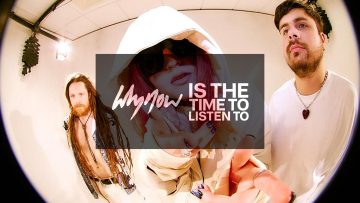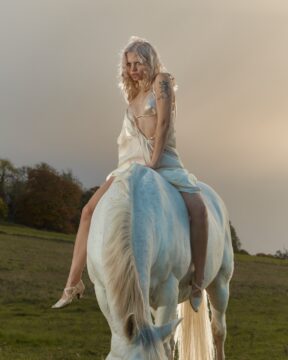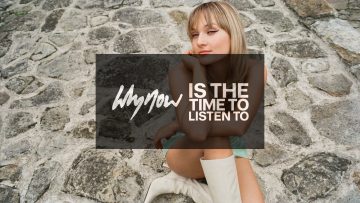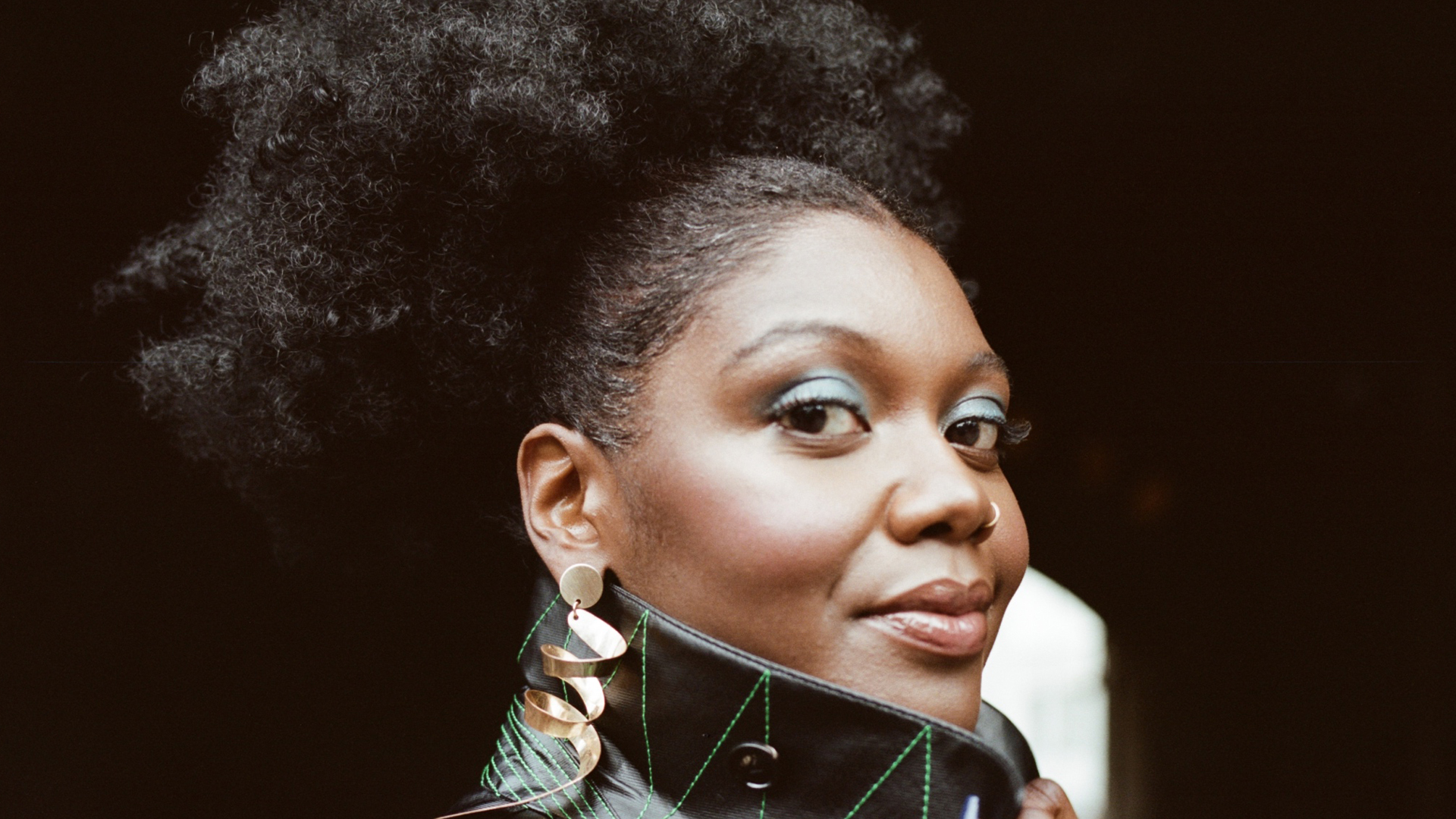
With a string of festival appearances set for the summer, where she’ll be playing tracks from her sensational debut album Voice Notes, we speak to acclaimed soul singer Yazmin Lacey.
When Yazmin Lacey and I speak, it’s just days before she’s set to perform her headline show in London – and a day after the jazz singer has returned from the United States. She’s understandably tired, but her calming presence can be felt through our Zoom call.
“I’ve just got back from tour, well mini tour,” she tells me. “I’m feeling it now though.”
Lacey is now very much reaping the live performance benefits of having released her debut album, Voice Notes, earlier this year; a record that was a journey largely spent in the studio, collaborating with those around her.
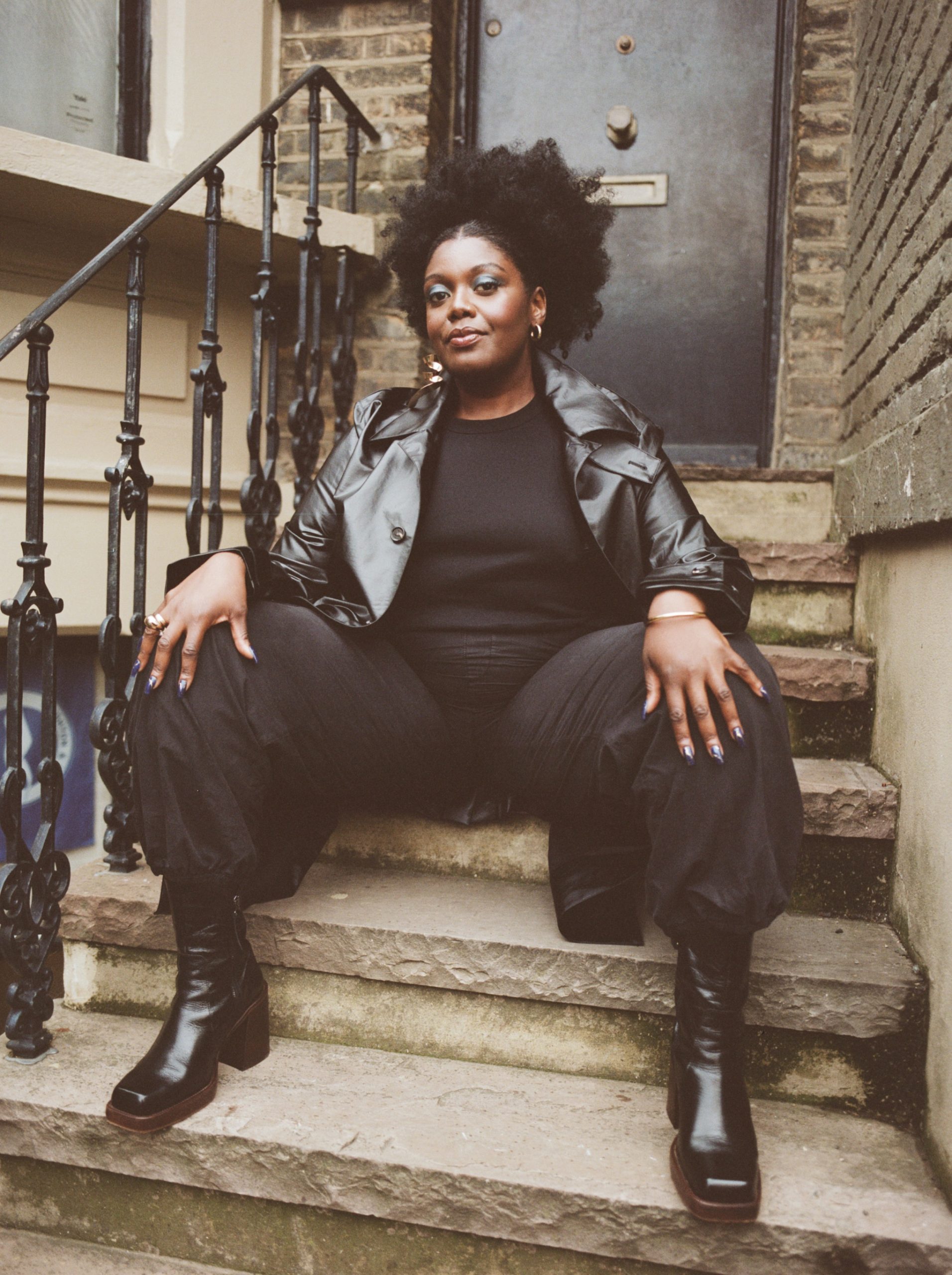
Photo: Nina Manandhar
Collaboration has been a longstanding feature of Lacey’s work. Her previous EPs – from 2017’s shimmering Black Moon to 2020’s soulful Morning Matters – have been a labour of love with producers and musicians, some of whom are long-time friends of Lacey from her early days. Produced by Mercury-nominated artist Dave Okumu, whom Lacey has worked with previously, Voice Notes takes us through the joy, longing and memories found hiding in Lacey’s mobile phone voice notes.
“It feels like a real achievement because I finished it,” Lacey says. “With creative ideas, sometimes it’s hard for them to materialise and make them be an end result. And sometimes, if something doesn’t have my interest, I just leave it…. Every session could be everything or nothing.”
And after persevering through one such personal milestone, Lacey lets me in on other things the recording process of her debut taught her. “Things I’ve learnt [are that] communication is key, in probably all scenarios of my life. I talk so much I would assume I’m a good a communicator, but I could be better; just trying ideas out in the studio and always playing and experimenting.”
The synth-jazz track ‘Late Night People’ was a notable standout among the singles released before the project’s full release. Deemed by Lacey as a track that orients around “fun”, Lacey tells me how she intended to understand how the song was for people “on the same vibration as each other”.
When Lacey performed it two days after we spoke, at her gig in the lofty St Pancras Old Church, seeing fans and friends on their feet chanting “late night people” back to her, dancing along to Lacey’s live band, shows this was very much mission accomplished.
She adds that it was an important song to put out “before inviting everyone to the rest of the album”; it was a dedication to her friends and all the ‘late night people’ who worked on the project with her.
So, is Lacey herself one of the ‘late night people’ when it comes to spending time in the studio? Whilst she says she likes to burn the candle at both ends, “I’m much better at getting things done in the morning. I like to get up early to get things done – but I do also like staying up late,” she laughs “I like the quietness of the studio at night-time, it feels like there’s no time-limit the same why there is in the day.”
On her collaborators, she informs me how they spent much time discussing the music. The album’s first studio session didn’t involve making any music at all. Instead, Lacey took the chance to settle in and “create a nice bed of safety to lay my thoughts down”.
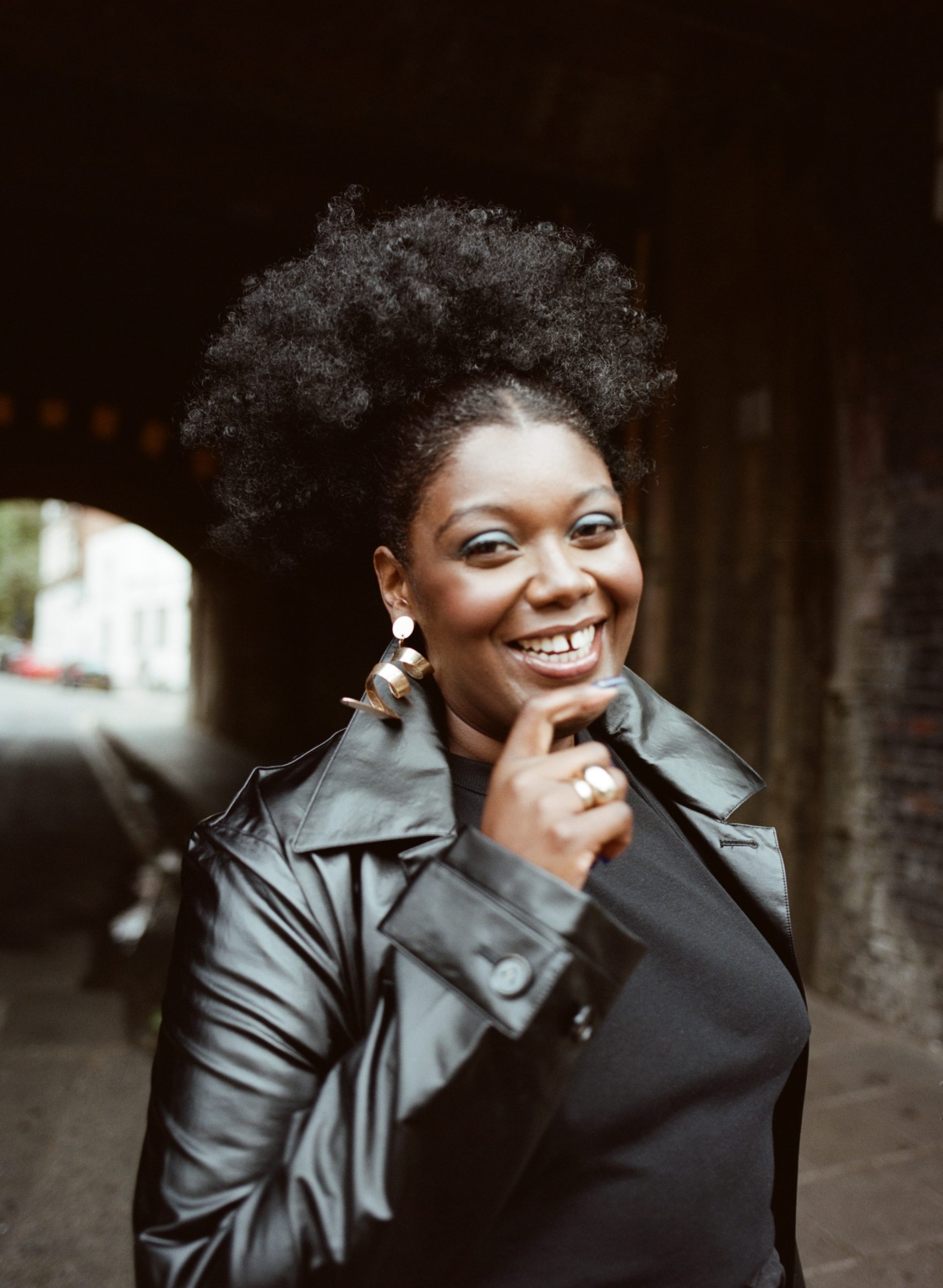
Photo: Nina Manandhar
Thankfully, she had the space and personnel around her to do so, saying, “these are the people I’ll make music with for a long time – and, more than that, they’re friends now, regardless of music”.
This creative bedrock allows Voice Notes to be distinctively Yazmin Lacey, through and through, whilst taking off in different directions at times. ‘Tomorrow’s Child’, another of my favourites on the record, is one such example; a track that reminds me of the Caribbean, of late nights, cleaning up after hall parties, of hot summers. “It’s a really classic dub, ‘King Tubby Meets Rockers’,” Lacey says, “It’s an interpretation of that song.”
As well as working in the studio with producer Craigie Dodds – who she’s known for years – Lacey’s parents stayed with her at the time of the album’s composition. Her dad had shared some of his records with her, and they’d decided it “just felt right”. And with that, ‘Tomorrow’s Child’ was born.
But there’s one thing testing and speculating in the studio; now the album’s out in the world, it’s there to be consumed – and, whether Lacey likes it or not, to be judged.
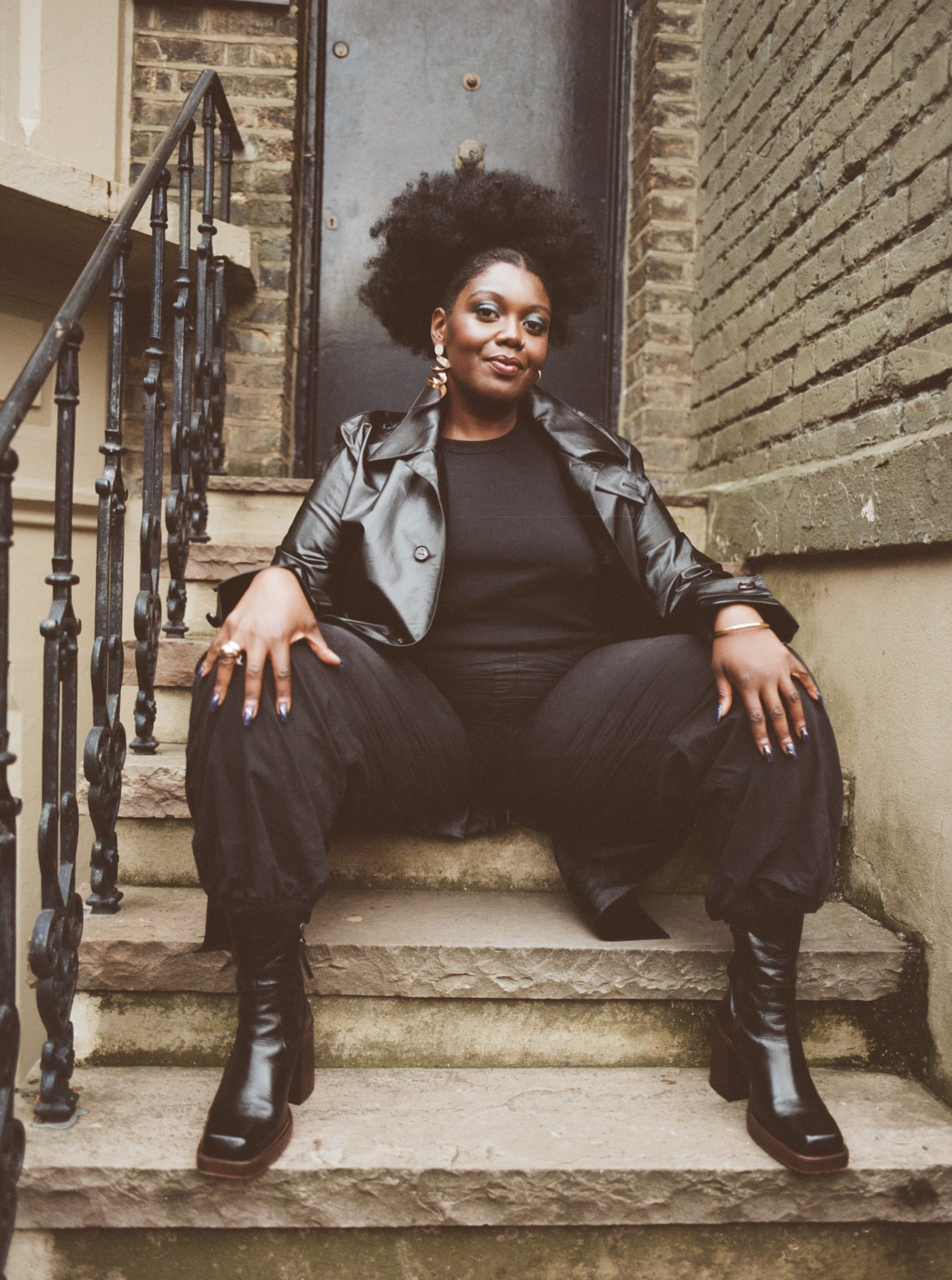
Photo: Nina Manandhar
Yet Lacey tells me her feelings following the album’s release didn’t derive from fan feedback. (Although she shares a story about the warmth she felt when she performed in the States earlier that week to a crowd who sang her lyrics back to her). Instead, she focuses on the album’s completion as “the journey”.
“I think for everyone who worked on the record, we were really clear that whatever happens after, it’s kind of by-the-by. It isn’t my business how people are going to receive it. I had to think like that in order to do what I wanted.”
But make no mistake; Lacey is grateful for the reception Voice Notes has had in the UK and further afield. It’s a testament to people’s desire for her music that she had to add another show to her recent London headline performance.
Here, we circle back to the topic of collaboration – and whether there’s anyone Lacey regrets not having on this project or if there’s anyone she’d love to have in the studio this year.
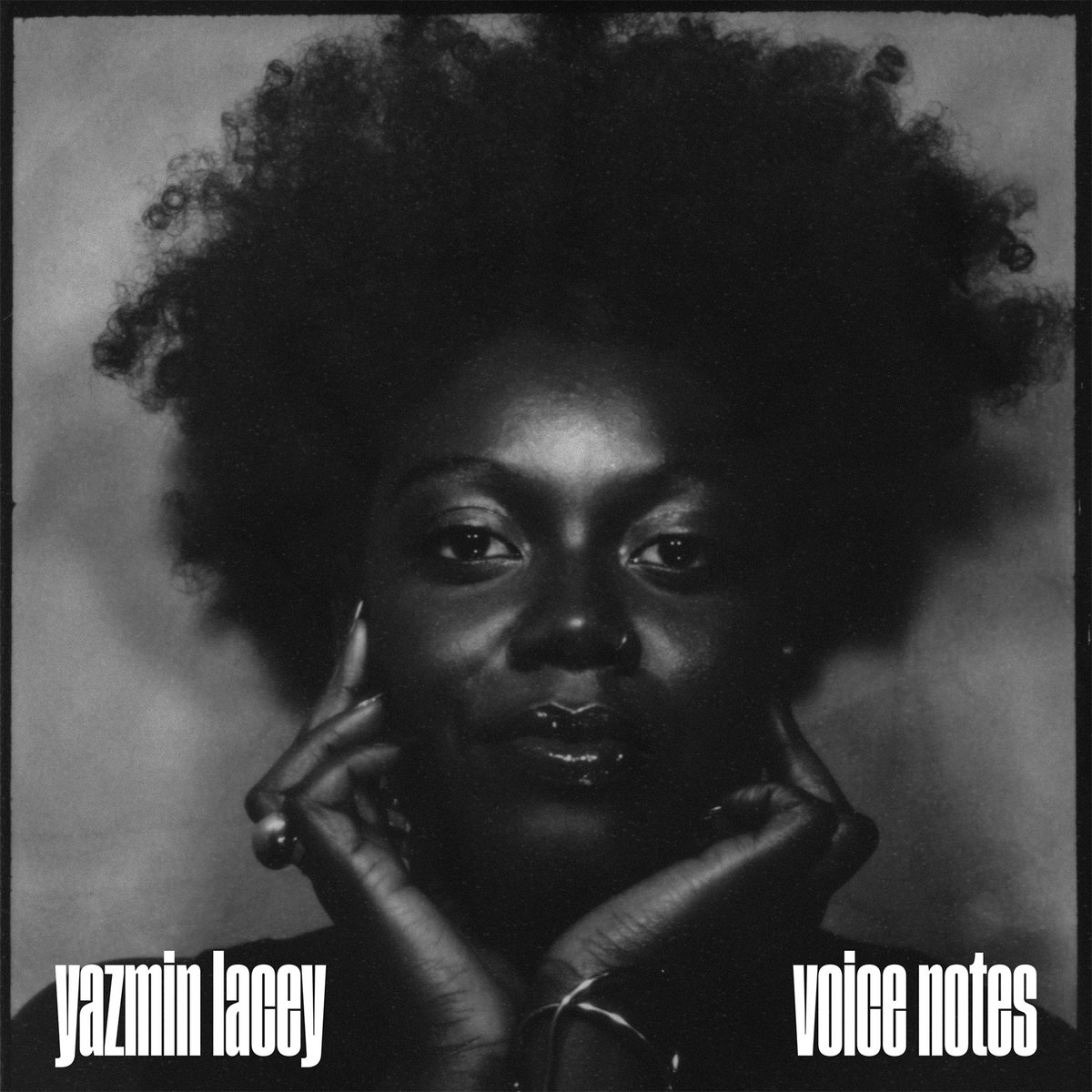
If Lacey was ever to go for a feature collab, she lets me know it would have to be with The Internet guitarist and vocalist Steve Lacy – a ‘Lacey meets Lacy’ project, if you will.
“I get really excited by learning from the other musicians in the room,” she says. “They may be super into punk or whatever and I’ll hear that creeping in and they’ll introduce me to stuff… It’s exciting when different things meet”.
For now, at least, Lacey is finding plenty of other creatives to work with. Last week, she supported Dave Okumu and his The 7 Generations band at Camden’s Roundhouse. Such a show stands Lacey in good stead for her run of festival shows later this year, including Cross The Tracks, We Out Here and Bristol’s Forwards festival.
No doubt, Lacey has caught both the creative and performative bug as she continues to feed off the musical offerings of others. (Among those she’s listening to right now, she cites Navy Blue, Kelela, SAULT and Cleo Sol).
On whether there’s more music coming, she tells me she hasn’t stopped creating since the release of Voice Notes. It’s little wonder she’s tired, then, although she remains calm and collected, confident in her abilities.

